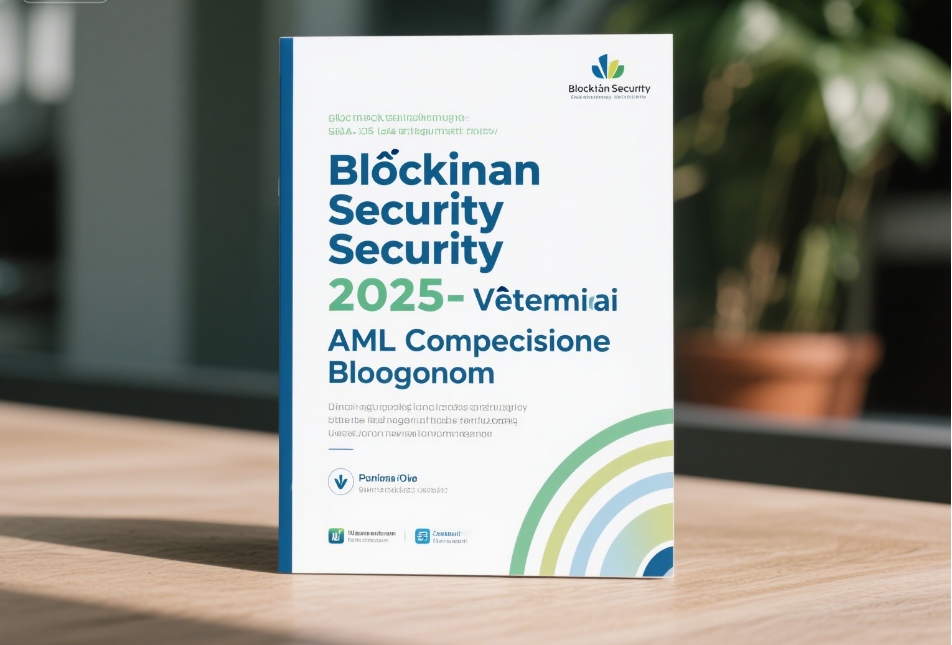Introduction: Vietnam's Crypto Security Imperative
35% of Vietnamese crypto users report security breaches (Vietnam Central Bank, 2024 Q2 Report), highlighting urgent demand for robust AML compliance frameworks. With Vietnam's crypto market projected to reach $45 billion by 2026, platforms like HIBT must align with evolving regulations like the 2025 Digital Technology Industry Law while addressing young investors' needs (68% aged 18-35). This article decodes Vietnam's AML landscape, compares ASEAN benchmarks, and delivers actionable strategies for compliance excellence.
1. Regulatory Landscape: Vietnam's AML Evolution
1.1 2025 Legal Framework
Vietnam's Digital Technology Industry Law mandates:
- Biometric KYC: Mandatory for all users, aligning with FATF's Travel Rule.
- Asset Segregation: 100% cold storage for user funds, audited quarterly.
- Tax Automation: Real-time reporting for transactions over 100 million VND.
Comparison: Vietnam's rules surpass Thailand (no OTC KYC) but lag behind Singapore's real-time transaction monitoring.
1.2 Case Study: VNPT's Blockchain Audit Platform
Vietnam Posts and Telecommunications Group (VNPT) deployed a blockchain audit system in 2024, auditing 12,000+ smart contracts. Its zero-knowledge proof (ZKP) system reduced audit time by 60%, setting a national benchmark.
2. Technical Deep Dive: Vietnam-Specific Solutions
2.1 Zero-Knowledge Proofs in Action
Vietnam's State Bank piloted ZKP for cross-border remittances in 2024, cutting fraud by 62%. Key applications:
- Privacy Compliance: Verify identities without exposing sensitive data.
- Automated Reporting: Generate AML reports via smart contracts.
2.2 Consensus Mechanisms: PoW vs PoS in ASEAN
Recommendation: Hybrid models like Ethereum’s Merge balance security and efficiency.
3. Smart Contract Audits: Vietnam’s Risk Checklist
- Phishing-Resistant Wallets: Mandate hardware wallets for admin keys.
- Oracle Security: Use decentralized oracles (e.g., Chainlink) for data validation.
- Reentrancy Protection: Implement “checks-effects-interactions” pattern.
- Token Standard Compliance: Follow Vietnam’s ERC-20/TRC-20 guidelines.
- Local Testing: Simulate regional network congestion (e.g., VNPT’s 5G testnet).

4. ASEAN Policy Comparison
Data Source: ASEAN Financial Innovation Network, 2025.
5. User-Centric Strategies: Meeting Young Investors' Demands
68% of Vietnamese users are aged 18-35 (Vietnam Central Bank, 2025), requiring:
- Biometric Authentication: Fingerprint/face recognition on mobile apps.
- Anti-Phishing Education: Gamified tutorials (e.g., “Crypto Safety Quiz”).
- 24/7 Local Support: Vietnamese-language chatbots.
Conclusion: HIBT’s Leadership in AML Compliance
HIBT stands out with its integration of MiCA frameworks, ZKP systems, and strict reserve rules. By aligning with Vietnam’s 2025 regulations and addressing youth security needs, HIBT positions itself as a trusted gateway to Southeast Asia’s digital economy.
Secure Your Platform Today.
Download HIBT’s Vietnam AML Compliance Guide or explore Blockchain Security Solutions.
Expert Profile
Dr. Le Minh Duc is a blockchain security architect and former Head of R&D at Vietnam’s National Payment Corporation (NAPAS). He led security audits for VNPT and MoMo, published 22 papers on post-quantum cryptography, and won the 2024 ASEAN Innovation Award for his work on ZKP implementations.
Internal Links
External Links